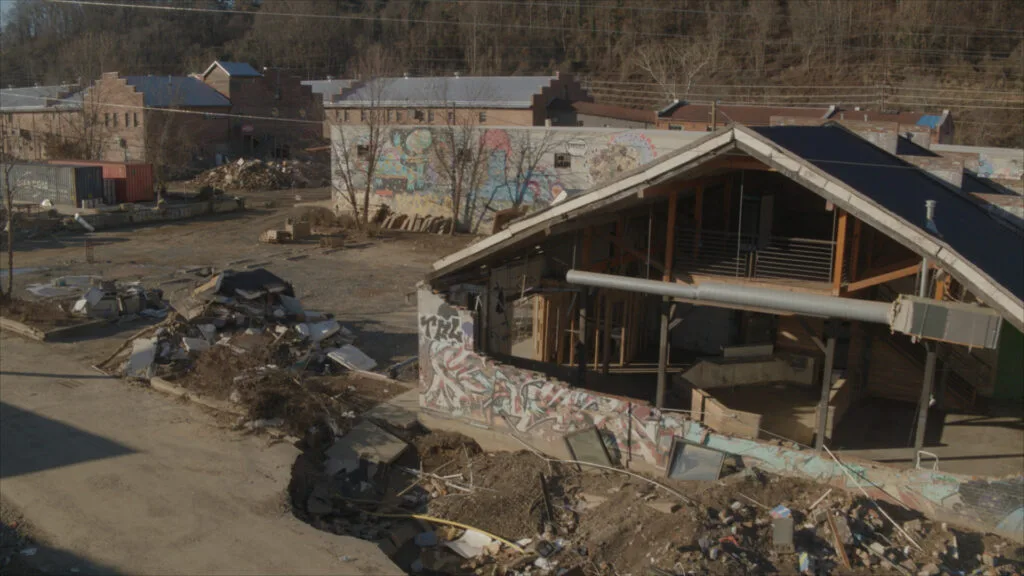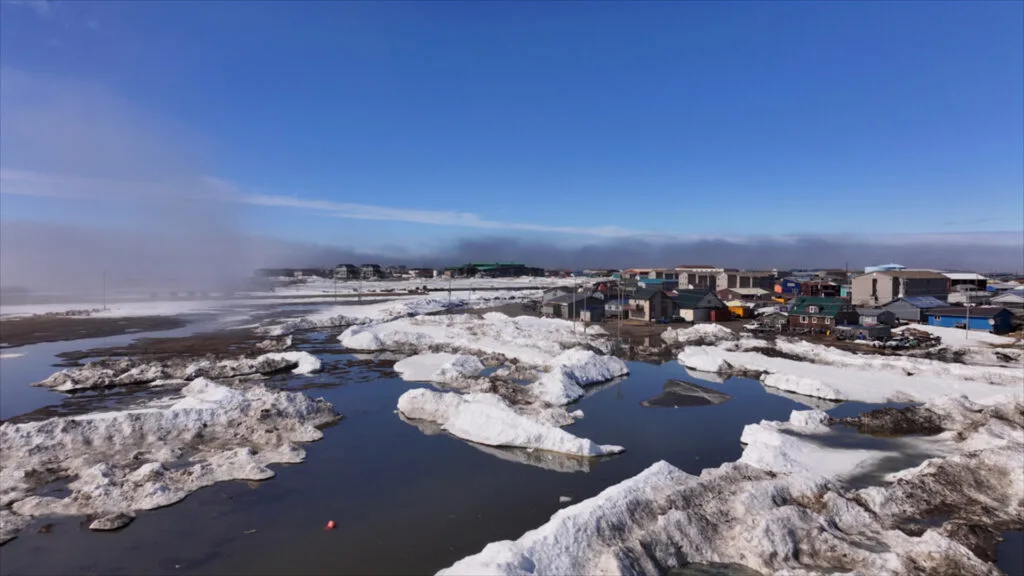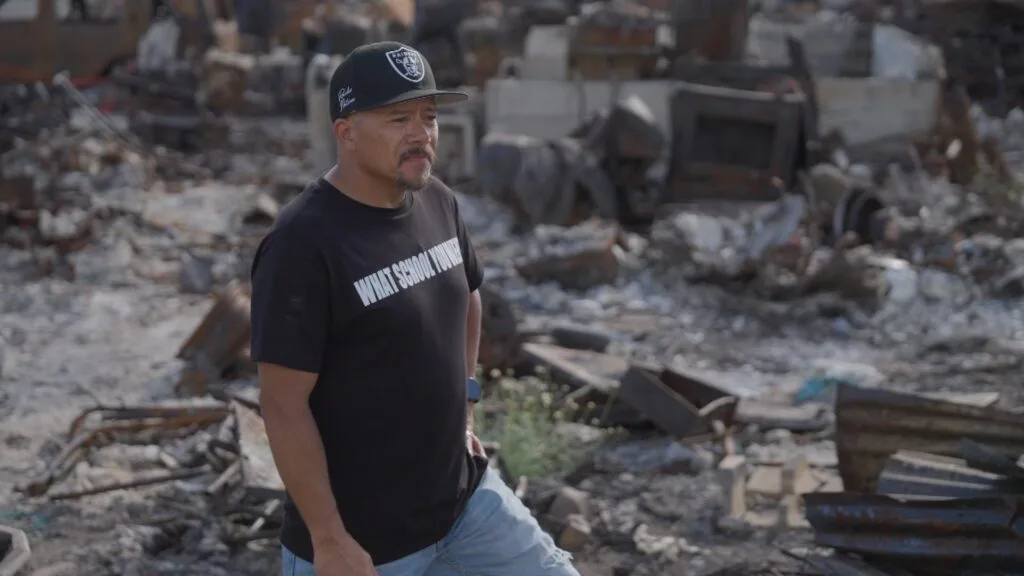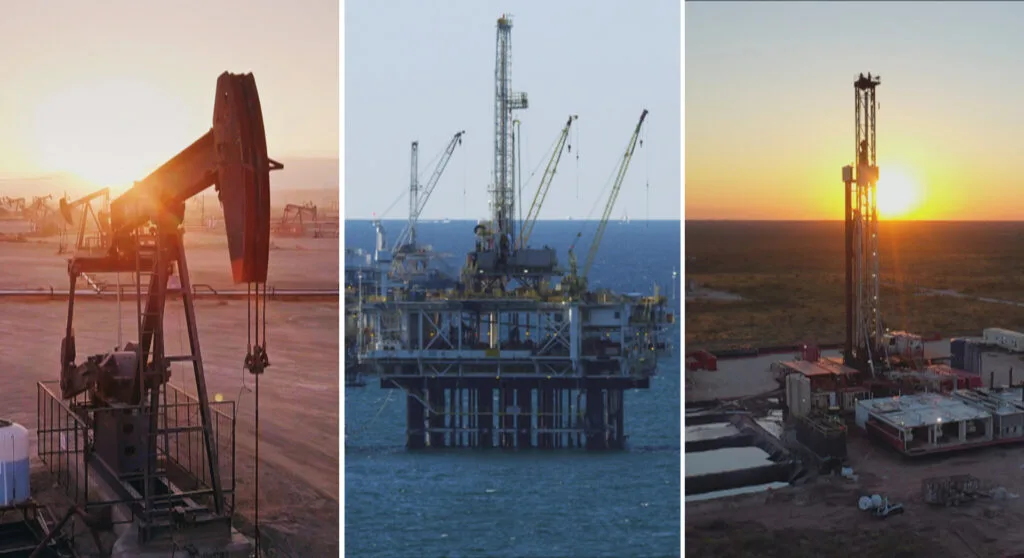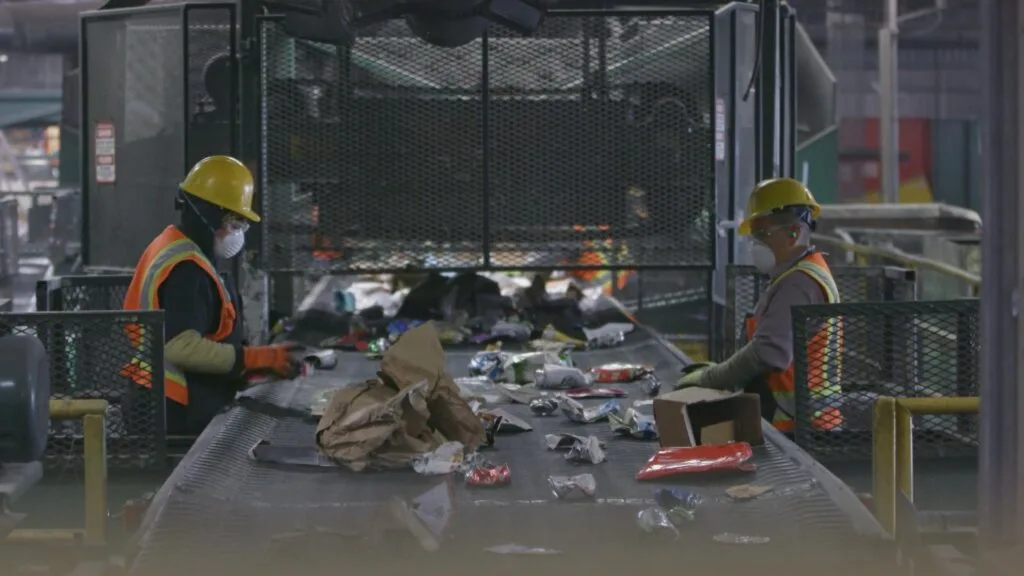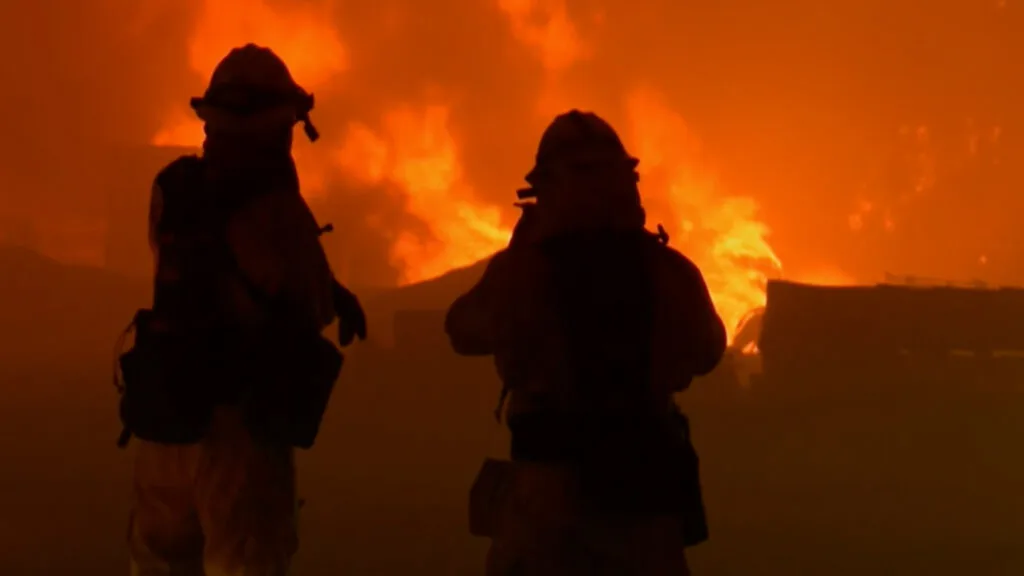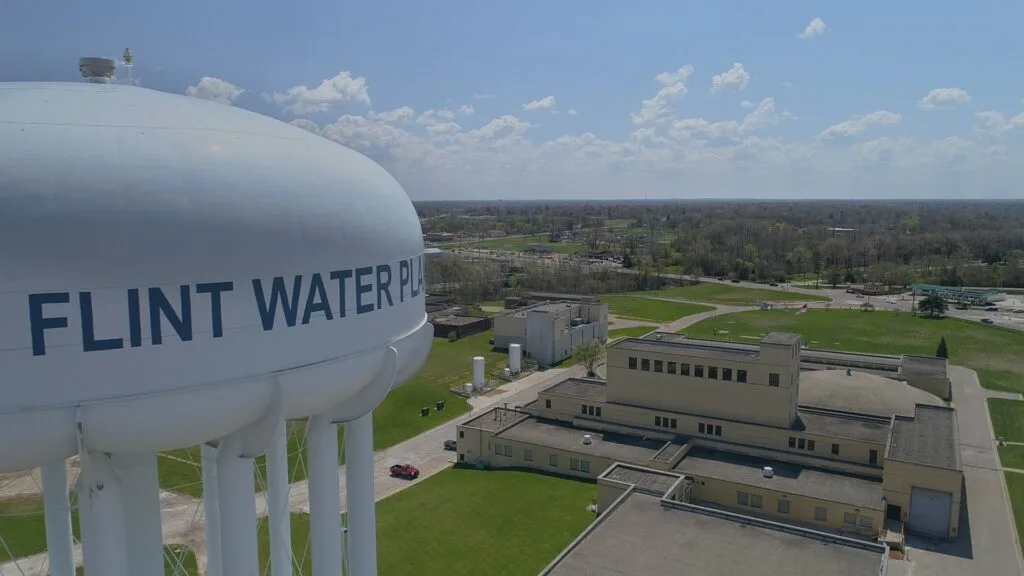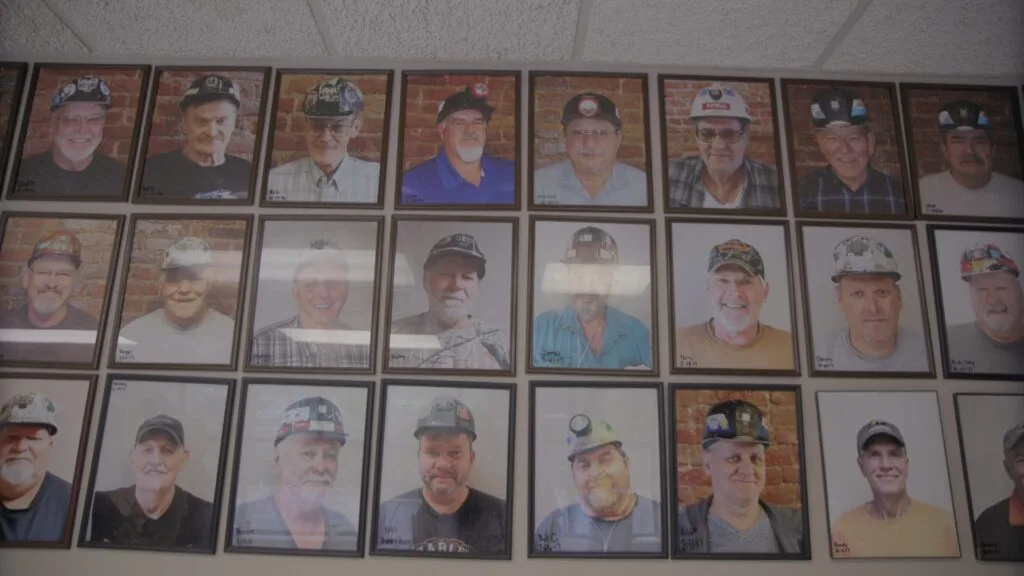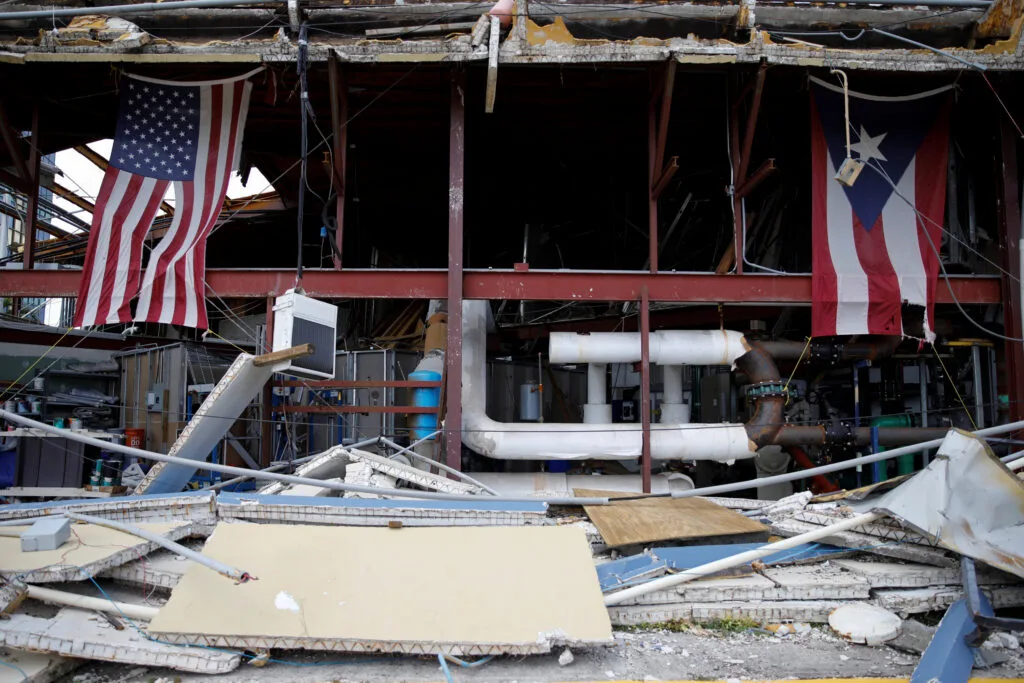Kids and Climate Change: Who’s Learning What — or Not — and Why?
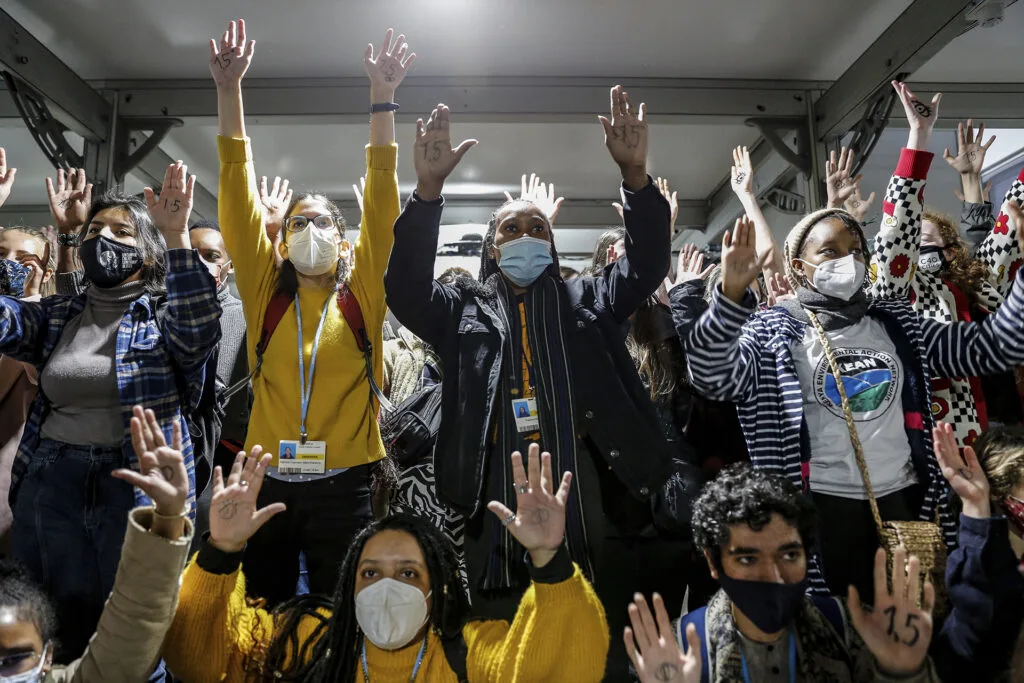
November 12, 2021
Share
As COP26, the 2021 United Nations Climate Change Conference, unfolded in November, the voices of young activists calling for a stronger response to the climate crisis made headlines.
Not all young people share Greta Thunberg or Vanessa Nakate’s level of urgency, especially in the U.S., even if they’ve been directly impacted by climate change.
So found Katie Worth, a former investigative reporter at FRONTLINE whose new book, Miseducation: How Climate Change Is Taught in America, debuts Nov. 16, 2021, from Columbia Global Reports, with support from FRONTLINE and The GroundTruth Project.
“[F]ully a quarter of American kids surveyed in 2020 rejected the idea that global warming was some kind of emergency, more than in any other country surveyed in Western Europe or North America,” Worth wrote in The Washington Post on Nov. 10.
Based on years of reporting, Worth found many U.S. children don’t believe in human-caused global warming, in part because of how climate change is being taught in American classrooms.
In Miseducation, Worth investigates who has tried to shape what children learn and how successful those influences have been — exploring the roles of oil corporations, state legislatures, school boards, think tanks, lobbyists and textbook publishers, and detailing a playbook honed in previous battles over evolution and tobacco.
The book comes atop a cascade of dire warnings about the current and impending consequences of climate change, including a 2021 report from the Intergovernmental Panel on Climate Change (IPCC), which found, “[h]uman influence has warmed the climate at a rate that is unprecedented in at least the last 2000 years.” FRONTLINE has been following the climate crisis for years, and Worth’s reporting on its impacts on kids, in the stories below, provides an introduction to our broader coverage.
1. Miseducation: How Climate Change Is Taught in America, by Katie Worth (2021)

In writing Miseducation, the first book project with support from FRONTLINE, Worth reviewed scores of textbooks, built a 50-state database and traveled to more than a dozen communities to talk to kids about what they’ve learned about the climate crisis.
“It’s safe to say that across the country, intrepid teachers rigorously educate their students about climate science,” Worth writes in the book. “It’s also safe to say that commonly, a teacher down the hall is miseducating them about it.”
Miseducation examines political divides in what children are taught; investigates the forces that have worked to create uncertainty, confusion and distrust around climate science; and explores what’s at stake for the future.
2. The Last Generation, produced by Michelle Mizner and Katie Worth (2018)

For Julia, Izerman and Wilmer, climate change is an existential threat to life as they know it. The children live in the Marshall Islands, a low-lying nation that could become uninhabitable during their lifetimes due to rising seas. “If the ice melts too much, water will bury the island. So, that’s when people have to move away,” 9-year-old Izerman explains in the interactive documentary.
The boundary-pushing project from FRONTLINE and The GroundTruth Project has won an Emmy Award, an Online Journalism Award, World Press Photo’s inaugural Interactive of The Year Award, a Scripps Howard Award and a Webby Award. Teachers can explore a companion lesson plan developed by PBS LearningMedia.
3. Climate Change in the Classroom, by Katie Worth (2017-18)
In 2017, Worth broke the story for FRONTLINE and The GroundTruth Project that the Heartland Institute, a libertarian think tank that rejects the scientific consensus on climate change, was seeking to influence some 200,000 K-12 public school teachers.
Worth found that the institute was mailing educators textbooks, DVDs and other materials rejecting the human role in climate change and arguing instead that rising temperatures have been caused primarily by natural phenomena.
In a series of stories on what kids learn about climate change, Worth went on to cover Heartland’s effort and the responses and reactions it spurred, a wave of legislative actions aimed at science in the classroom, and trauma among children directly impacted by the climate crisis — reporting that would become the jumping-off point for her book.

Related Documentaries
Latest Documentaries
Explore
Policies
Teacher Center
Funding for FRONTLINE is provided through the support of PBS viewers and by the Corporation for Public Broadcasting, with major support from Ford Foundation. Additional funding is provided the Abrams Foundation, Park Foundation, John D. and Catherine T. MacArthur Foundation, Heising-Simons Foundation, and the FRONTLINE Trust, with major support from Jon and Jo Ann Hagler on behalf of the Jon L. Hagler Foundation, and additional support from Koo and Patricia Yuen. FRONTLINE is a registered trademark of WGBH Educational Foundation. Web Site Copyright ©1995-2025 WGBH Educational Foundation. PBS is a 501(c)(3) not-for-profit organization.


